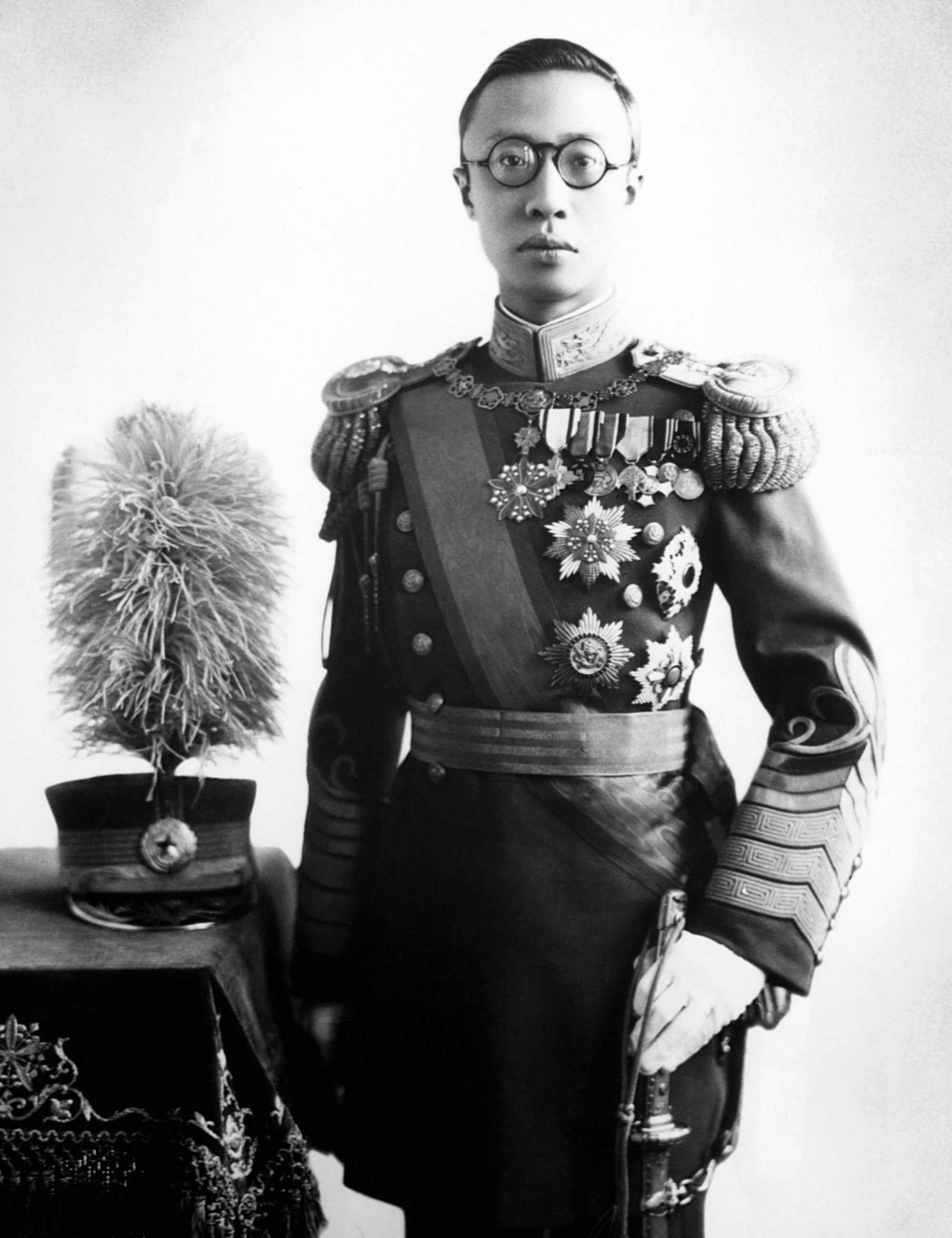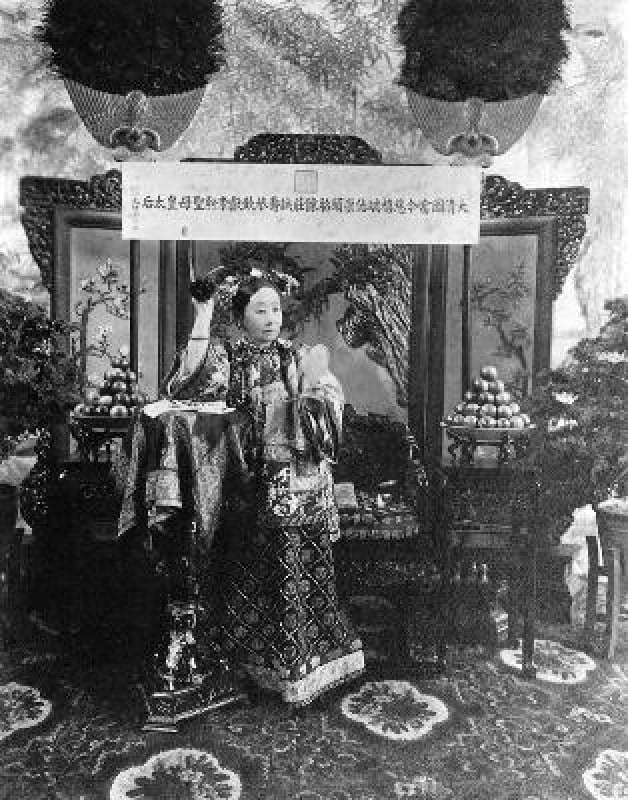
Why is China finding it so hard to close the chapter on Qing history and what are its implications?
- 112 years after the last Qing emperor abdicated, China has yet to come to grips with its past, as the authorities have still not ‘finalised’ the official version of history
- A draft of the History of Qing Dynasty led by scholar Dai Yi was completed in 2018, but there has been no official acknowledgement about when the book will be published
China’s Qing dynasty ended 112 years ago when the last emperor, Puyi, abdicated on February 12, 1912. But more than a century later, China is still in the process of finding a “finalised” version of the dynasty as debate rages on how the modern Chinese nation should remember its past.
Firstly, the Chinese government’s efforts to compile a comprehensive and authoritative history of the Qing dynasty has reportedly hit a snag. As early as 2002, Beijing created the National Qing History Compilation Committee with the blessing of the then leaders to produce the People’s Republic’s comprehensive take on the Qing dynasty, thus keeping up the tradition of winners rewriting history and providing its own take on the erstwhile rulers.
But the task of giving the final say on 268 years of history – from 1644 when the Manchu army conquered Beijing to 1912 when the last emperor ceded power – has proved to be daunting to say the least.
After nearly two decades of painstaking work by a group of renowned historians, led by scholar Dai Yi, a draft of the History of Qing Dynasty, which contains more than 32 million Chinese characters in 106 volumes, was completed in 2018 and ready for review.

To this day, however, there’s still no news about when the gigantic tome, which is 40 times longer than the Chinese classic novel, The Dream of Red Chamber, will be published.
According to Taisu Zhang, a professor of law and history at Yale University, the project was put on ice, as the draft was deemed “overly influenced by the New Qing History”, referring to a school of thought on Qing history that is popular among US scholars.
How the death of the Qing empire gave birth to the Palace Museum
Uncertainty about the massive project’s fate intensified after Dai died last month at the age of 100. Chinese official media praised Dai in their obituaries for his contribution to the research, but few clues were divulged about the project’s fate.
While the most comprehensive book on the history of Qing has yet to be published, new works from both official institutions and individual authors offering fresh and, often, controversial takes on the dynasty continue to mushroom.
The Chinese Academy of History, an official institute created in 2019 for researching history, published a two-volume History of National Unification in Qing Dynasty last June to highlight the dynasty’s historical role in unifying vast frontier areas and different ethnic groups into a nation.
The book has been well-researched and received full official endorsement, but it has also been criticised for going too far for using history to serve present political needs.
Non-official narratives and studies of the Qing dynasty also continue to flourish. One such recently published book is the Great Change: Fifty Years of Reform in Late Qing Dynasty by a self-taught young historian Chen Xubin.
In this book published last December, Chen provides a detailed account of Qing history from 1861 to 1911, of how the late rulers, particularly Dowager Cixi, failed repeatedly to make swift and decisive changes in turbulent times and sealed the dynasty’s fate. The book has also stirred controversy as some reviewers criticised the book for its “defeatism”.

The difficulty in producing a conclusive account of the Qing dynasty reflects the diverse and varying views in China about the country’s past, and their role in shaping the country’s future.
The legacy of the Qing dynasty still has implications for a multitude of issues about present-day China, including its relationship with neighbouring countries, creation of a new unified Chinese identity, and how a powerful centralised authority should respond to change.
Since all these issues are so important to the country’s future, China has all the more reason to be cautious in drawing the right lessons and experiences from Qing history. In this regard, perhaps there’s no reason to rush even though it has been 112 years since the curtains came down on the Qing dynasty.

